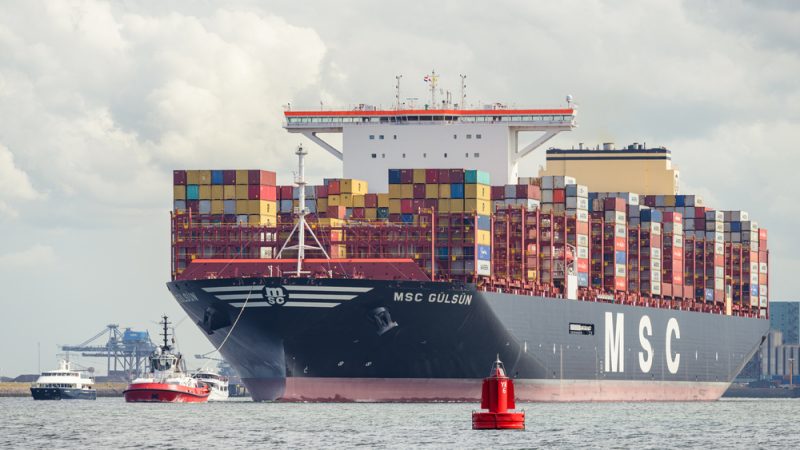
Belgium is throwing a last-ditch attempt to get the EU’s Corporate Sustainability Due Diligence Directive (CSDDD) over the finish line in a vote on Wednesday (28 February) despite tenacious reservations from key member states, including Germany and Italy.
After sealing the co-legislators’ political agreement in December, the draft law – which aims to hold large corporations accountable for labour and human rights as well as environmental abuses in their supply chain – was stalled due to opposition from within the German and Italian governments, as well as some smaller countries.
Belgian officials however are now trying to strike a deal at tomorrow’s meeting of EU ambassadors, although member states’ positioning on the law remains almost impossible to predict at this stage, several sources said.
“Governments remain very tight-lipped on how they want to position themselves,” a source close to the matter told Euractiv, and whether a majority of the law can be reached remains unclear.
Among the three biggest EU countries, Germany and Italy had previously announced they would abstain, which in turn caused the issue to be removed from the agenda of an earlier meeting of EU ambassadors on 9 February.
France, in contrast, has been happy with the law since the scope was limited to largely exclude the financial sector.
Under EU voting rules, an abstention counts de facto as a ‘no’ vote, as the approval of at least 14 member states representing at least 65% of the EU population is required.
In practice, an abstention from two large countries, together with at least two to three smaller member states, usually means no majority.
In the case of the CSDDD, Sweden, Finland, and Estonia have previously raised concerns and therefore not supported the law, meaning that a qualified majority would need either one of them to change their position, or Italy or Germany to vote in favour.
While EU diplomatic sources confirmed that Germany is set to confirm an abstention – due to the opposition of liberal FDP – the situation is less clear-cut for Italy.
The country has seen some strenuous lobbying efforts to dilute the draft EU requirements from Confindustria – the leading national corporate association that, alongside its German and French counterparts (BDI and BDA for the former and Medef for the latter) has recently urged the national government to abstain from the upcoming vote.
“We are counting on the abstention of the Italian government when the vote will be held,” Stefan Pan, Confindustria’s delegate to the EU, told national newspaper Il Sole 24 Ore on 9 February. “The Italian vote will be decisive,” he said.
Industry associations’ warnings have largely pivoted around the added bureaucratic burden and costs associated with implementing CSDDD rules, which they say would hinder businesses’ global competitiveness.
However, opposite arguments on the risks that fragmentation and watered-down standards would have on EU competitiveness were put forward by some global heavyweights in the food sector – Ferrero, Mars Wrigley and Mondelez – in a joint letter to the Italian government last week, highlighting widespread dissent across different corporate sectors.
The million-dollar question now is what way the Italian government will sway on Wednesday.
“We have no formal notification on how they will behave tomorrow,” an EU diplomat told Euractiv.
“Italy always has a tradition of being very vague about its positions until the very last moment,” he added.
Italy’s Permanent Representation to the EU declined to comment.
According to a source close to the matter, some changes have been made in the non-binding parts of the law, known as ‘recitals’, but the text would stay within what has been agreed in December between EU countries and negotiators of the European Parliament.
The window to finalise the law ahead of this year’s European Elections is closing, as any agreement would need to be rubber-stamped by the plenary of the European Parliament in April – the last plenary sitting before the June election – to then get the final approval by ministers of EU countries.
“This landmark law risks getting derailed after Germany confirmed that they will abstain from the vote,” NGO Oxfam warned.
Additional reporting by Anna Brunetti.
[Edited by Nathalie Weatherald]